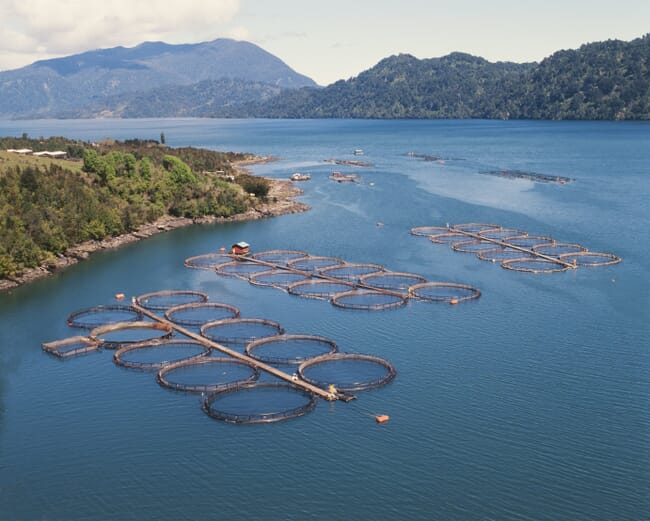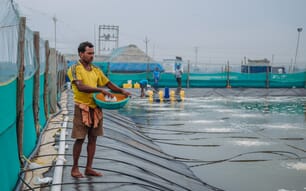
In a bid to revolutionise aquaculture research and facilitate the growth of sustainable seafood production, The Center for Aquaculture Technologies Canada (CATC) - an innovative aquaculture contract research organisation - has unveiled its new “Tenacibaculosis Disease Challenge Model".
Despite significant progress in aquaculture disease research in recent decades, infection and disease still contribute to high mortality rates within the finfish aquaculture sector. Tenacibaculosis - a disease caused by marine bacteria Tenacibaculum maritimum - contributes to these high mortality rates, as a prophylactic treatment is yet to be found, and current treatment methods have variable results.
CATC’s new Tenacibaculosis Disease Challenge Model is designed to accelerate research into the disease with the aim of identifying strains which have developed antibiotic resistance, in addition to trialing vaccines and feed additives to combat infection.
Through the framework, CATC aims to take an innovative approach to tackling the obstacles of this disease head-on, creating room for the customisation of their process in the context of the outcomes and goals of salmon producers.
“Starting with benchtop testing, simple agar or broth-based MIC/MLC assays can be useful for screening new test products for efficacy against a pathogen. In tanks, we can incorporate flexibility into your study using different models for newly post-smolt or larger salmon that mirror clinical signs observed in the field,” said Dr. Jordan Poley, manager of laboratory technologies at CATC, in a press-release from the company.
“If Tenacibaculum spp. are potentially causing issues on your farm, CATC offers a qPCR diagnostic and multi-locus sequence typing assay for geographical linkage of the isolate,” he added.




